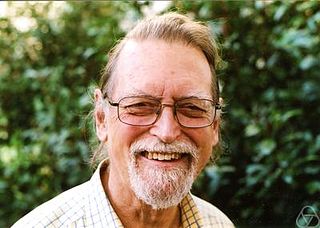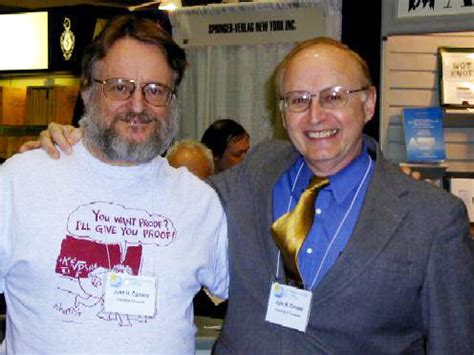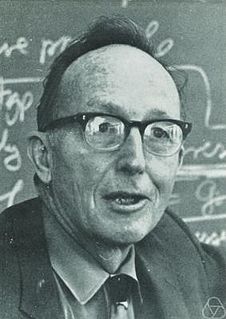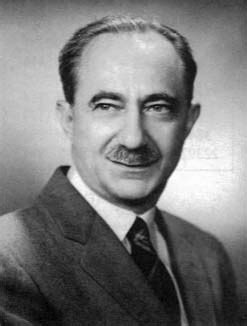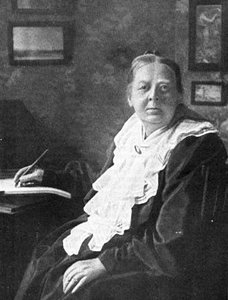A Quote by William Thurston
The product of mathematics is clarity and understanding. Not theorems, by themselves. ... In short, mathematics only exists in a living community of mathematicians that spreads understanding and breathes life into ideas both old and new.
Related Quotes
Mystery is an inescapable ingredient of mathematics. Mathematics is full of unanswered questions, which far outnumber known theorems and results. It's the nature of mathematics to pose more problems than it can solve. Indeed, mathematics itself may be built on small islands of truth comprising the pieces of mathematics that can be validated by relatively short proofs. All else is speculation.
It is a melancholy experience for a professional mathematician to find himself writing about mathematics. The function of a mathematician is to do something, to prove new theorems, to add to mathematics, and not to talk about what he or other mathematicians have done. Statesmen despise publicists, painters despise art-critics, and physiologists, physicists, or mathematicians have usually similar feelings: there is no scorn more profound, or on the whole more justifiable, than that of the men who make for the men who explain. Exposition, criticism, appreciation, is work for second-rate minds.
It is almost as hard to define mathematics as it is to define economics, and one is tempted to fall back on the famous old definition attributed to Jacob Viner, "Economics is what economists do," and say that mathematics is what mathematicians do. A large part of mathematics deals with the formal relations of quantities or numbers.
How is it that there are so many minds that are incapable of understanding mathematics? ... the skeleton of our understanding, ... and actually they are the majority. ... We have here a problem that is not easy of solution, but yet must engage the attention of all who wish to devote themselves to education.
Mathematics has two faces: it is the rigorous science of Euclid, but it is also something else. Mathematics presented in the Euclidean way appears as a systematic, deductive science; but mathematics in the making appears as an experimental, inductive science. Both aspects are as old as the science of mathematics itself.
Most of the arts, as painting, sculpture, and music, have emotional appeal to the general public. This is because these arts can be experienced by some one or more of our senses. Such is not true of the art of mathematics; this art can be appreciated only by mathematicians, and to become a mathematician requires a long period of intensive training. The community of mathematicians is similar to an imaginary community of musical composers whose only satisfaction is obtained by the interchange among themselves of the musical scores they compose.
I am persuaded that this method [for calculating the volume of a sphere] will be of no little service to mathematics. For I foresee that once it is understood and established, it will be used to discover other theorems which have not yet occurred to me, by other mathematicians, now living or yet unborn.
. . . the membership relation for sets can often be replaced by the composition operation for functions. This leads to an alternative foundation for Mathematics upon categories -- specifically, on the category of all functions. Now much of Mathematics is dynamic, in that it deals with morphisms of an object into another object of the same kind. Such morphisms (like functions) form categories, and so the approach via categories fits well with the objective of organizing and understanding Mathematics. That, in truth, should be the goal of a proper philosophy of Mathematics.
[The error in the teaching of mathematics is that] mathematics is expected either to be immediately attractive to students on its own merits or to be accepted by students solely on the basis of the teacher's assurance that it will be helpful in later life. [And yet,] mathematlcs is the key to understanding and mastering our physical, social and biological worlds.








